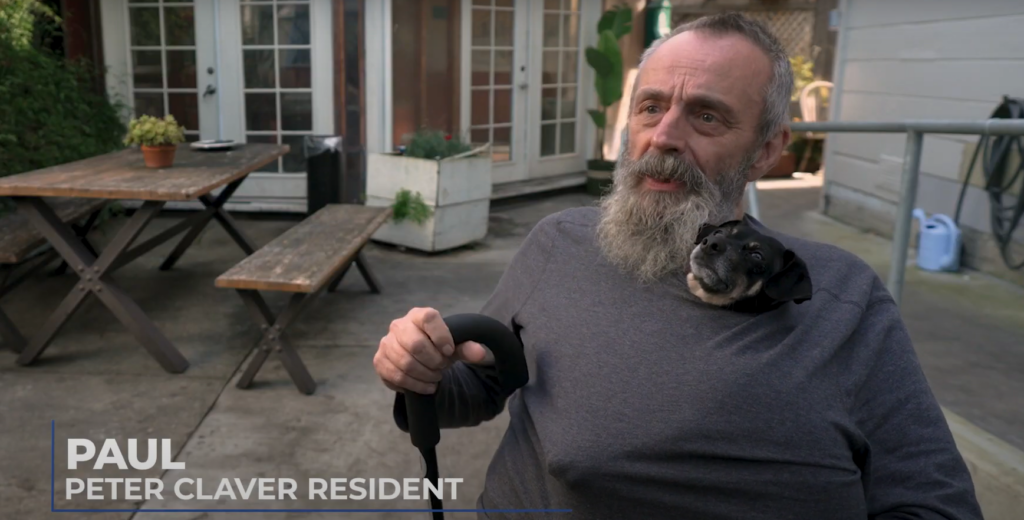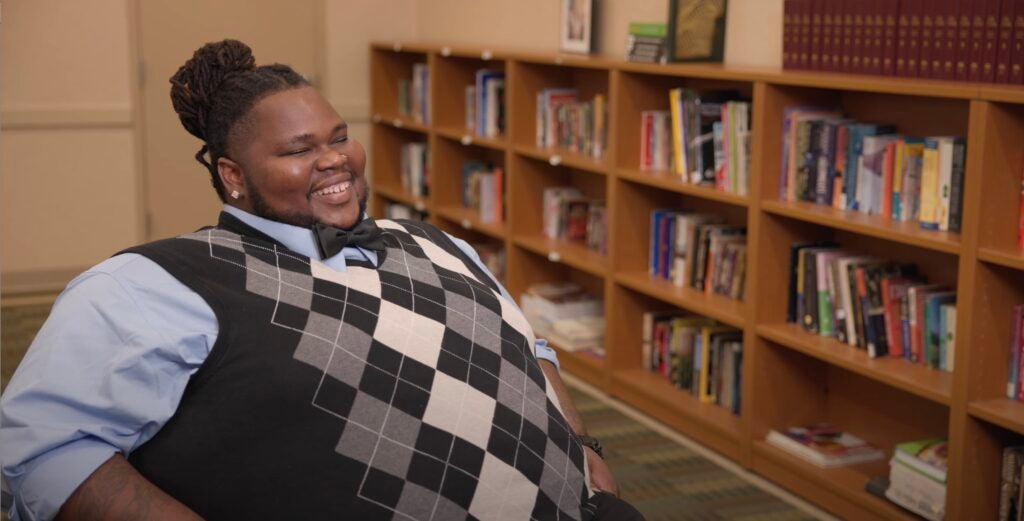

Social distancing may be a good way to prevent the spread of COVID-19, but it also can wreak havoc on one’s mental health. Other life changes brought about by the coronavirus pandemic also can contribute to bouts of stress and anxiety, according to mental health professionals.
May is National Mental Health Awareness Month and it’s a good time — particularly this year amid a public health emergency — to consider following recommendations for monitoring our own mental health, as well as that of our loved ones.
The Mayo Clinic has created a web page titled “COVID-19 and your mental health,” here. Among the factors causing stress, according to the Mayo Clinic, are altered daily routines, financial pressures and social isolation.
“Information overload, rumors and misinformation can make your life feel out of control and make it unclear what to do,” the site states, noting that stress, anxiety, fear, sadness and loneliness are some of the outcomes.
The Centers for Disease Control and Prevention offers the following tips to cope with stress:
— Take breaks from watching TV, reading or listening to news stories, including social media. According to the CDC, hearing about the pandemic repeatedly can be upsetting.
— Take care of your body. This includes exercise, lots of sleep and healthy eating, all of which will help improve health and strengthen the immune system.
— Make time to unwind. Board games and card games are especially helpful at getting one’s mind off stressful news.
The Mayo Clinic reminds people that acts of kindness can help improve mental health.
The Mayo Clinic reminds people that acts of kindness can help improve mental health. “Find purpose in helping the people around you,” it says. “If you know someone who can’t get out, ask if there’s something needed, such as groceries or a prescription picked up.”
Connecting with friends and relatives via FaceTime or Zoom, or even texts and phone calls, are good ways to brighten one’s disposition, the CDC said.
Michael Horne, director of clinical services for Catholic Charities of the Diocese of Arlington, Virginia, encourages using technology in fun, new ways to stay connected.
“Consider virtual coffee dates, game nights on webcams or karaoke on a video conferencing platform,” he told the Arlington Catholic Herald. “While it may not be the same as really being there, the creative use of technology can help bridge the gap until the crisis passes.”
Prayer also is an important anchor, said Horne. “The inability to attend Mass and receive Communion is an incredible hardship for the faithful, but we can still rely on our faith during these challenging times,” he said.
Horne offers some practical ways to make prayer a daily dose of support.
— “Take five minutes to read the Gospel of the day. Take 10 minutes for a Divine Mercy chaplet. Take 20 minutes for a family rosary. Take 30 minutes to watch one of the many livestreamed Masses from parishes around the diocese.”
— “Strengthening our prayer life and remaining engaged in our faith reminds us that we are not alone, but are part of a widespread community, praying daily with each other and for one another,” he added.
In the Diocese of Green Bay, Catholic Charities offers counseling services to help people cope with stress brought on by the pandemic. For details, visit the agency’s website here.
– – –
The views or positions presented in this or any guest editorial are those of the individual publication and do not necessarily represent the views of Catholic News Service or of the U.S. Conference of Catholic Bishops.
Copyright ©2020 Catholic News Service/United States Conference of Catholic Bishops. The CNS news services may not be published, broadcast, rewritten or otherwise distributed, including but not limited to, such means as framing or any other digital copying or distribution method in whole or in part, without the prior written authority of Catholic News Service.








